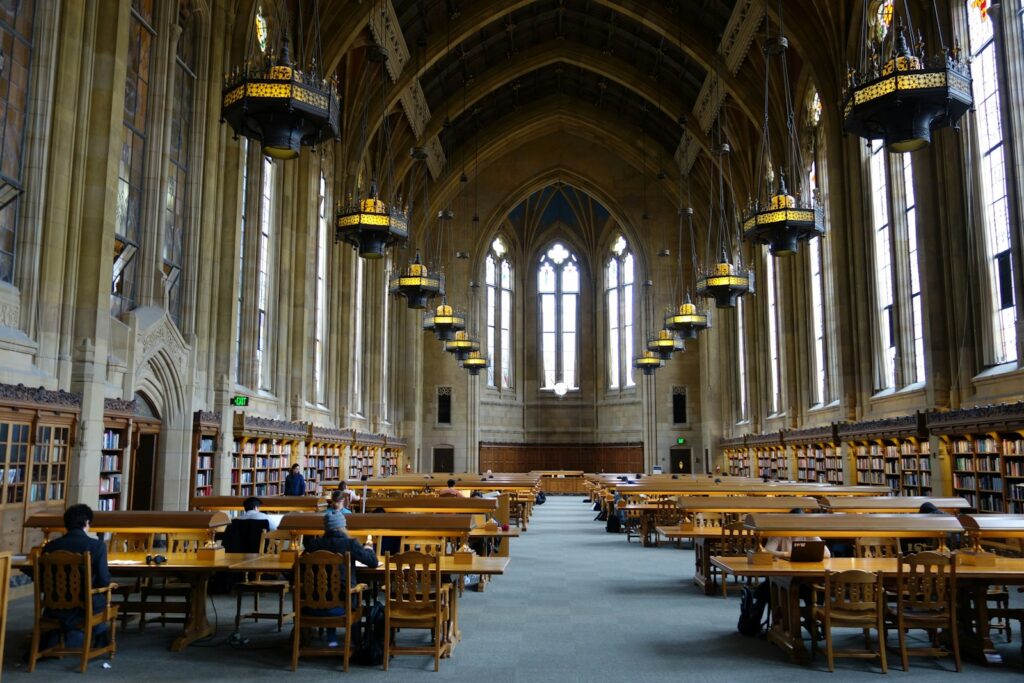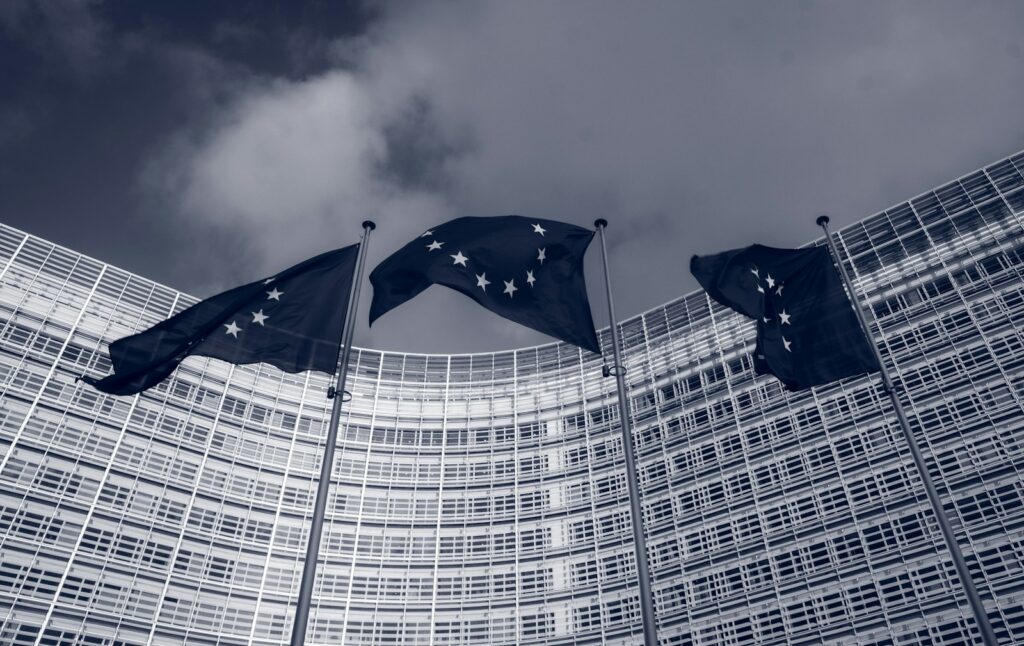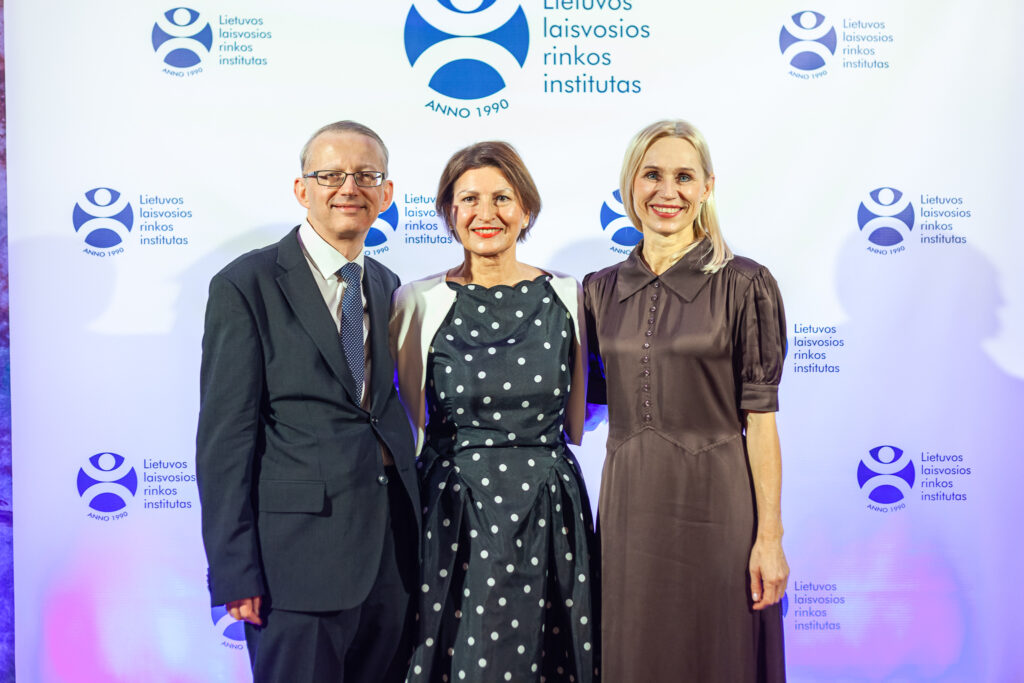
Trump’s Blatant Hypocrisy
Trump demands that universities, including Columbia, where he has already succeeded, formally adopt and enforce the International Holocaust Remembrance Alliance (IHRA) definition of antisemitism, which completely blurs the line between real dislike or hatred of Jews and criticism of Israeli state policy (for which there are currently many very valid reasons).




![Total Defense in Europe: What Is It and Why Do We Need It? with Helena Quis [PODCAST] Total Defense in Europe: What Is It and Why Do We Need It? with Helena Quis [PODCAST]](https://4liberty.eu/phidroav/2025/12/Helena-Quis1-1024x1024.jpg)

![[NEW RELEASE] Deregulation, Not Simplification: Blueprint for Europe’s Competitiveness [NEW RELEASE] Deregulation, Not Simplification: Blueprint for Europe’s Competitiveness](https://4liberty.eu/phidroav/2025/12/cover-e1765271770844.jpg)


![Future of Independent Journalism and Public Interest Information with Patrice Schneider [PODCAST] Future of Independent Journalism and Public Interest Information with Patrice Schneider [PODCAST]](https://4liberty.eu/phidroav/2025/12/Patrice-Schneider1-1024x1024.jpg)

